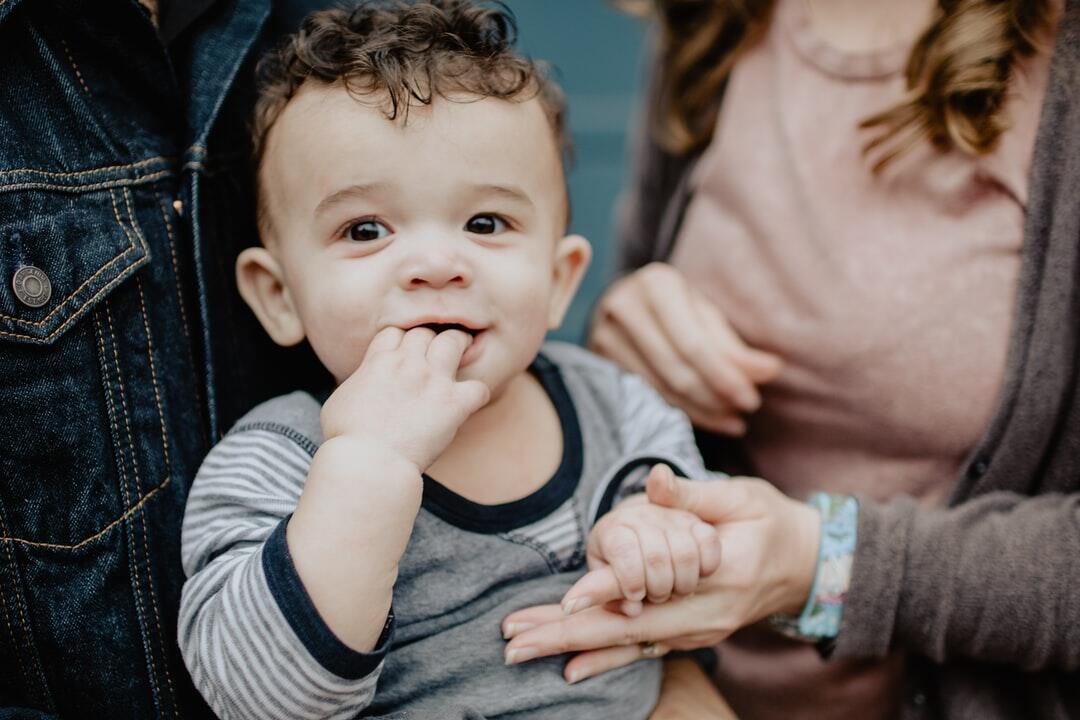5 Adoption Home Study Mistakes to Avoid

Are you worried about what to expect during your adoption home study? Many hopeful adoptive parents feel overwhelmed by the process, unsure of what social workers are really looking for.
The adoption home study is a critical step that helps agencies determine if your home and lifestyle are ready for a child. While it may seem stressful, knowing what mistakes to avoid can make things much smoother.
Today we’re taking a closer look into the most common missteps people make, so you can feel more confident and prepared during this important part of the adoption process.
1. Not Understanding the Adoption Home Study Requirements
Many people begin the adoption process without knowing what the adoption home study actually involves. That can lead to stress, confusion, or delays.
The home study isn’t just about checking your home for safety. It’s a full review of your lifestyle, background, and readiness to become a parent.
Social workers usually ask questions about your childhood, marriage or relationship, and why you want to adopt. They’ll ask for documents like birth certificates, financial records, and references.
There’s often a home visit and one or more interviews. It may feel personal, but it’s meant to help everyone involved.
One mistake people make is thinking the home study is a pass-or-fail test. It’s not. The goal isn’t to find perfect people. It’s to learn about you and see how prepared you are.
When people don’t take time to learn the process, they may give incomplete answers, miss paperwork deadlines, or worry more than they need to.
2. Ignoring the Home Preparation for Adoption
Some families worry they need a perfect home to pass the adoption home study. That’s not true. The home doesn’t have to be large or expensive, but it does need to be safe and ready for a child.
Home preparation for adoption is more about the basics than appearances. Social workers want to see working smoke detectors, covered outlets, and a clean living space. Dangerous items like medicine or cleaning supplies should be stored safely.
A child’s room doesn’t always need to be fully decorated, but it should be available and ready to use. If your home needs minor repairs, it’s a good idea to finish those before the visit. Small details like working locks on windows or secured furniture can make a difference.
Families sometimes delay getting their home ready because they think there’s time later in the process. That can cause stress if the home visit is moved up. By starting early, you’ll feel more in control and have fewer last-minute surprises.
3. Overlooking the Importance of Financial Stability for Adoption
Money can be a sensitive topic, but it’s one that comes up during every adoption home study. Many people think they have to be wealthy to adopt.
That’s not true. What agencies look for is basic financial stability for adoption. You should be able to show that you can provide for a child without putting your household at risk.
During the process, you’ll likely be asked for tax returns, pay stubs, and a list of your regular expenses. These help show how you manage your money.
If you have some debt, that doesn’t mean you’ll be disqualified. The goal is to show that you’re responsible and that your current income covers your needs.
A mistake some families make is not preparing this paperwork ahead of time. If documents are missing or rushed, it can delay the process or raise questions that could’ve been avoided. It helps to take a fresh look at your monthly budget and make sure everything is clear.
4. Failing to Present Strong Support Systems for Adoptive Parents
Support systems for adoptive parents matter more than many people realize. Social workers want to know who will be there for you when things get hard.
That includes emotional support, like close friends or family who can talk things through. It also includes practical help, like someone who can babysit or bring meals during tough times.
Raising a child comes with stress, even when things are going well. When adoption is part of the story, there may be extra challenges. Some children need time to adjust.
Others may deal with loss or trauma. Having people around you who understand and can step in when needed can make a real difference.
One common mistake is thinking this part of the process doesn’t matter. But agencies often ask about your support network during interviews.
They might want to know who lives nearby or who you rely on in emergencies. If your circle is small, you can build it before the home study. Joining local groups or connecting with other adoptive families can help.
5. Being Dishonest or Withholding Information
Some families worry that if they’re honest about past mistakes, they won’t be approved to adopt. That fear leads some people to leave out parts of their story or give answers they think a social worker wants to hear. But honesty during the adoption home study is one of the most important parts of the process.
Social workers know that no one has a perfect life. They expect to see challenges. What matters is how those challenges were handled and what was learned.
If you’ve been through hard times, sharing how you came through them shows growth and responsibility. Trying to hide something can do the opposite. If it comes up later in a background check or interview, it may raise questions that slow everything down.
Being open doesn’t mean sharing every small detail. It means being truthful about your past and present.
Home Study Checklist
Preparing for an adoption home study doesn’t have to feel overwhelming. By avoiding common mistakes, you can approach each step with more confidence.
At Heart of Adoptions, Inc., we’ve helped build families through adoption since 2001. We support birth parents, children, and adoptive families with respect, compassion, and confidentiality.
Our experienced team offers legal and emotional guidance throughout the process. With several offices across Florida, we’re proud to provide trusted, personalized adoption services statewide.
Get in touch today to find out how we can help with your adoption process.






